Congratulations! Completing high school is a reason for celebration, and you should be proud of your accomplishment!

But, have you decided on your post-secondary education pathway and the steps you are going to follow to your future career?

No worries! We are here to help you understand the differences between:
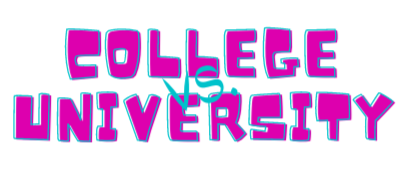
Focus Area
College programs follow labour and economic trends, and focus on the development of:
specific,
practical,
performance-oriented knowledge, skills, and abilities
to address industry needs.
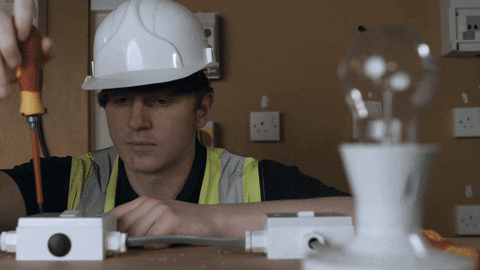
University programs focus on the development of:
deeper analytical skills
that serve as a base for academic, research-based, and regulated professions.

Educational Credential
Colleges offer full-time and part-time certificate programs, diplomas, and vocational training.
Universities offer full-time and part-time degrees:
Undergraduate degrees (Bachelor's Degree),
Graduate degrees (Master's and Doctorate Degree), and
Professional programs.

Quiz
Laura wishes to become a Dentist, but isn't sure about the educational path she should take after high school. Which of these options is NOT suitable for her future career?
Duration

Colleges: Usually, a certificate program takes one year or less, while a diploma program takes two to three years.
Universities: Degrees typically take three to four years.
Heads Up: All programs vary in length and eligibility requirements. Check out the specific information for your program and institution before applying.
Career Pathways
Colleges are a great option for careers that require practical hands-on training. They are a straight path to jobs in fields such as:
Telecommunication
Travel Services
Game Development
Culinary Management
Videography
and many more...

University is a better fit if you're more interested in:
expanding your horizons throughout analytical and holistic learning,
research-based professions (such as Sociologist, Neuroscientist, Astronomer, etc), or
professional degrees (Dentist, Lawyer, Veterinarian, etc).
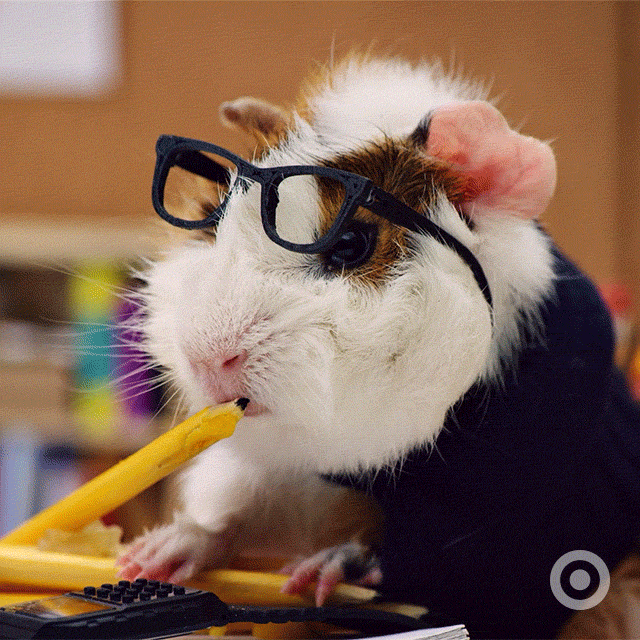
Lifestyle
Colleges usually have smaller class sizes, which means closer guidance from instructors. Most colleges also provide additional practical experience via work-integrated learning (Work Placement and Co-operative Education - Co-op).
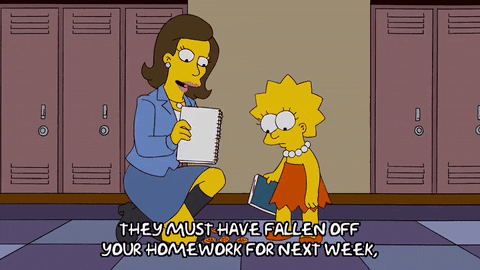

Universities are larger institutions where learners have more independence. To be successful at university, learners need a strong sense of:
time management,
self-motivation, and
self-directed study.
Take Action
Now, it's your turn to find out what best fits your career goals! (Maybe it will even be a combination of both).
When researching your dream career:
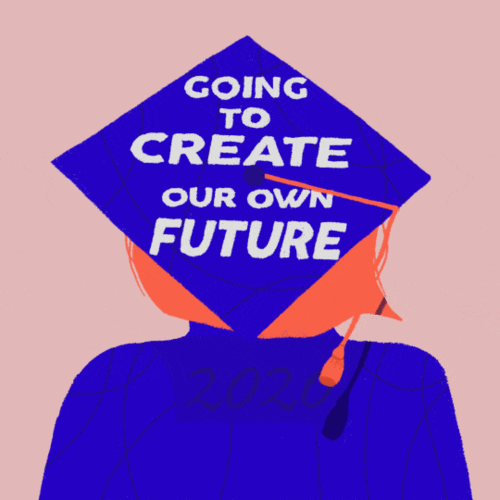
Your feedback matters to us.
This Byte helped me better understand the topic.
